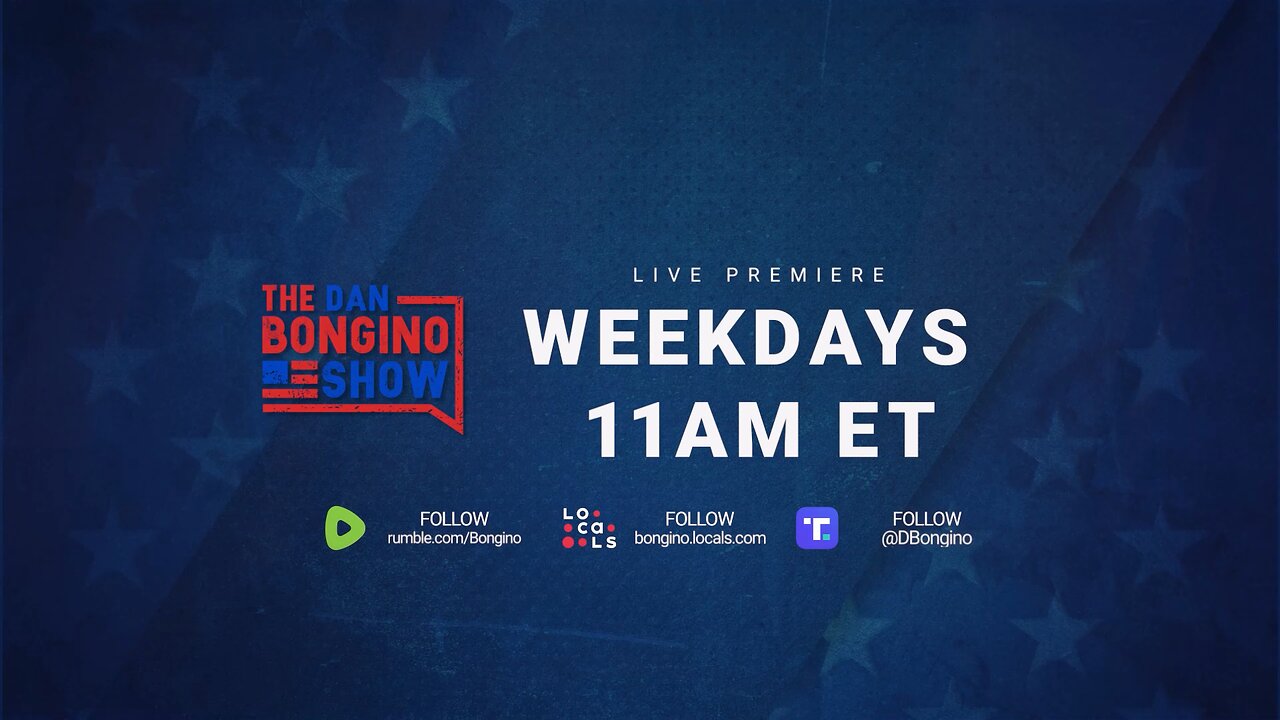
100percentfedup.com
GOP State Senator Arrested For Allegedly Exposing Himself
A West Virginia state senator was arrested for allegedly exposing himself at a gambling parlor.
Sen. Mike Maroney, a Republican, was arrested in Marshall County on accusations of indecent exposure and disorderly conduct.
Maroney was removed from his committee positions after the accusations.
West Virginia Senator Mike Maroney removed from leadership role after being arrested for indecent exposure and disorderly conduct. Legal and political implications loom. #WVNews #WVPolitics #BreakingNewshttps://t.co/UP0QT0aybT
— WV News (@WVNews247) August 15, 2024
WDTV reports:
Maroney is a senator in the 2nd Senate district, which consists of Monongalia, Marion, Doddridge, Gilmer, Ritchie, Tyler, Calhoun and Wetzel counties.
Employees of the store told police Maroney came out of the back room to the ATM machine and was “breathing heavy and touching himself” at approximately 1 p.m., according to court documents. After watching the CCTV, they saw him performing sexual acts on himself.
An employee approached him, asked him what he was doing and told them what they saw, and he became defensive and denied it. He said he would “just leave” but asked if he could finish his game first, court documents say.
WATCH:
More details about WV Senator Mike Maroney's arrest earlier this evening @WTOV9 pic.twitter.com/okWWdFapvi
— Jaime Baker (@JBaker_WTOV) August 14, 2024
Chris Rose defeated the outgoing senator in May’s GOP primary.
“Congratulations Senator-elect @ChrisRoseWV who trounced pro-mandate incumbent and chair of the Senate health committee Mike Maroney! A huge win for West Virginia and medical freedom! Senator Rose signed the pledge to call for shots to be pulled off the market back in January,” Dr. Mary Talley Bowden said in May.
Congratulations Senator-elect @ChrisRoseWV who trounced pro-mandate incumbent and chair of the Senate health committee Mike Maroney! A huge win for West Virginia and medical freedom! Senator Rose signed the pledge to call for shots to be pulled off the market back in January. pic.twitter.com/ijEc58G3g5
— Mary Talley Bowden MD (@MdBreathe) May 19, 2024
From the New York Post:
On Aug. 4, police in Glen Dale received a call from two female employees at Gumby’s Cigarette & Beer World who reported a man “committing an act of sexual gratification” in the hall’s video lottery room, Marshall County Prosecuting Attorney Joe Canestraro said.
Maroney, 56, was alone in the lottery room when the employees spotted him on surveillance footage, Canestraro explained.
The state senator was arraigned and released on a $3,000 personal recognizance bond Tuesday night, 7News reported.
West Virginia Senate President Craig Blair announced Wednesday that he was stripping Maroney of his role as Health and Human Resources Committee chair and all other committee positions to “give him appropriate time to dedicate to his personal issues.”
Blair said he was “deeply concerned” for Maroney, whom he described as a friend.
“The facts that have emerged are troubling, and I am disappointed,” Blair’s statement read.

 Rumble
Rumble













